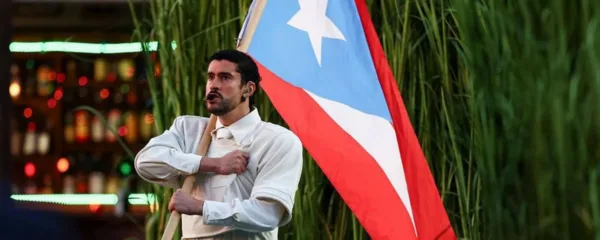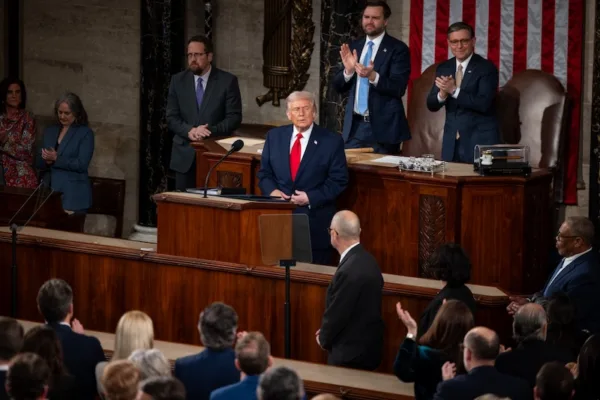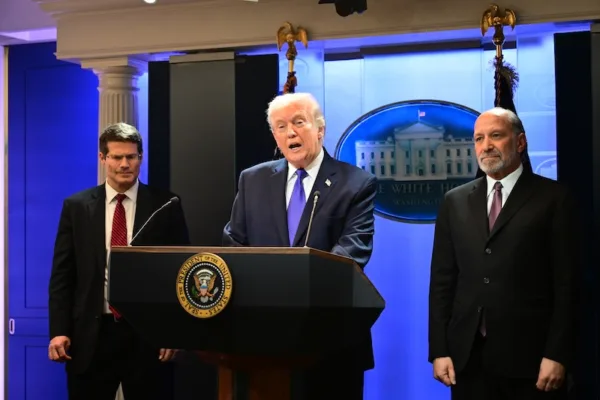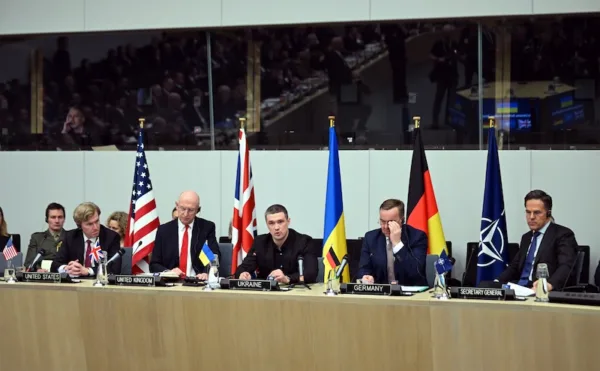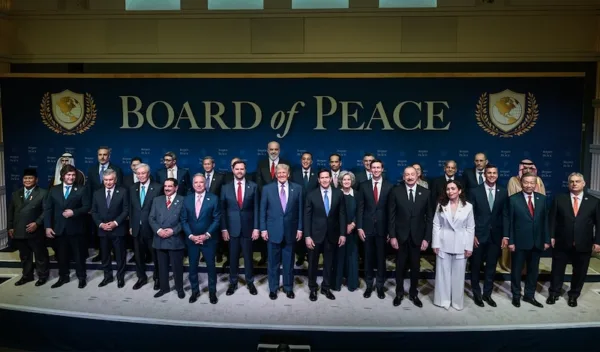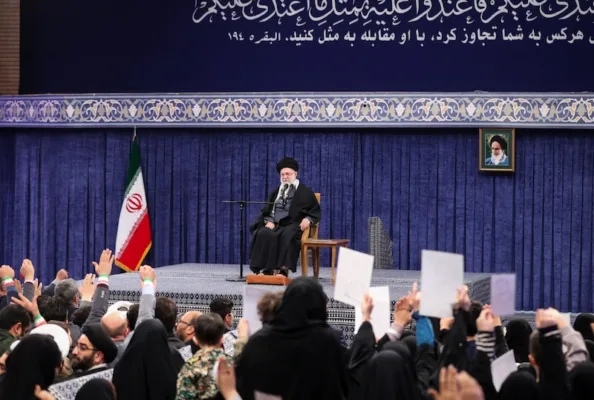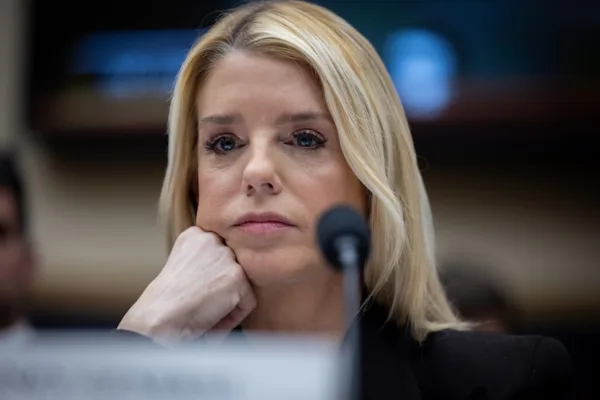Post-Islamism Discourse in the International Order: The AK Party Experience
The Young Scholars on Turkey (YSOT) Program presents
“Post-Islamism Discourse in the International Order: The AK Party Experience” with Ismail Yaylaci, University of Minnesota
With the current popular revolutions in the Arab world the discourse of post-Islamism has attained a new momentum. Presented as a trailblazer of ‘post-Islamism,’ the AK Party in Turkey has been proffered as a model for Islamist movements in the region. Some have welcomed AK Party’s putatively ‘post-Islamist’ politics as further integration of Islamists with liberal norms and institutions and some have critiqued it for its ‘absorption’ into liberal hegemony. Through a critical reading of ‘post-Islamism’ argument, Yaylaci seeks to develop a performative account of socialization and explore its potentials in thinking about AK Party’s engagement with liberal international order.
Moderated by Kadir Ustun, Research Director, SETA Foundation at Washington D.C.
Event Summary:
Ismail Yaylaci started his presentation by describing the “post-Islamism” discourse, which posits that the Islamist political figures no longer seek to establish an Islamic state because they have given into the liberal ideas emanating from the West. Yaylaci critiqued this approach for its binary approach and for failing to account for “agency” of Islamist actors. Yaylaci proposed a new conceptualization, which he called “performative socialization.” Explaining this concept as “actors’ introduction of differences and frictions in the act of repetition,” Yaylaci suggested that the AK Party experience in Turkey should be understood as such. While engaging with the post-World War II international order, Turkey criticized the system at the same time. Participation in the international order was accompanied by a “counter-hegemonic” (but not rejectionist) discourse. Turkish foreign policy under the AK Party government, he argued, was representative of this “performative socialization.”
Ismail Yaylaci is a doctoral candidate in Political Science at the University of Minnesota. He received his Master’s degree in Political Science and International Relations from Bogazici University, Turkey. His current research deals with the discourses on the transformation of Islamism in world politics. His areas of research include international relations theory, international norms and institutions, Islam and politics, and Islamism with a particular focus on Turkey and Egypt.


